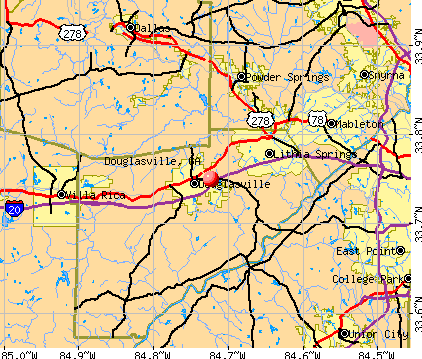Toronto the Good
Hogtown
The Big Smoke
Toronto has had a lot of nicknames, but I like this description best:
Toronto is “New York run by the Swiss.” (Peter Ustinov, 1987)
He meant that in a good way, of course! Toronto is a big city - the Greater Toronto Area is more than 6 million. Our restaurant scene is second to none. We may be the most diverse city in the world. How great is our diversity? When I worked in health care, our government agency had 105 dialects spoken by staff!
It's my great pleasure to be part of the Bouchercon 2017 Committee. Many of you know my friends Helen Nelson and Janet Costello, who are the conference co-chairs. With these gals in charge, you know it will be an unforgettable conference. Come to our town, for a great Crime Time!
You can check all the details here: www.bouchercon2017.com
DRUM ROLL...... announcing PASSPORT TO MURDER,
the Bouchercon 2017 Anthology
Even if you aren't registered for Bouchercon 2017, you can still enter the anthology competition!
Our theme is the convention theme—Passport to Murder—so include a travel theme with actual travel or the desire to travel with or without passports. And it must include at least a strong suggestion of murder or a plan to commit murder…. All crime sub-genres welcome.
Publication date: October 12, 2017.
Editor: John McFetridge
Publisher: Down & Out Books
All stories, by all authors, will be donated to the anthology as part of the overall donation to our literacy charity fundraising efforts. All profits on the anthology (including those of the publisher) will be donated to our charity.
Guests of Honour for Bouchercon 2017 will be invited to contribute to the anthology. For open submissions, preliminary selection for publication will be blind, by a panel of three judges, with final, blind selection by the editor.
The details:
- The story must include travel and at least a strong suggestion of murder or a plot to commit murder.
- Story length: a maximum of 5000 words
- Electronic submissions only.
- RTF format, preferably double-spaced
- Times New Roman or similar font (12 point)
- Paragraph indent .5 inch (or 1.25 cm). Please do not use tabs or space bar.
- Include story title and page number in document header.
- Maximum of one entry per author
- Open to both writers who have been previously published, in any format, and those who have never been published.
- The story must be previously unpublished in ANY format, electronic or print.
- Please remove your name or any identifying marks from your story. Any story that can be associated with the author will either be returned for correction (if there is time) or disqualified.
- Please include a brief bio in your submission form (max 150 words) and NOT in the body of your story.
- After Bouchercon 2017 and Down & Out Books expenses have been recovered, all proceeds will be donated to Bouchercon 2017’s literacy charity of choice.
- Copyright will remain with the authors.
- Authors must be prepared to sign a contract with Down & Out Books.
- Submissions must be e-mailed no later than 11:59 P.M (EST) January 31, 2017. Check the website (www.bouchercon2017.com) for full details and entry form.


























